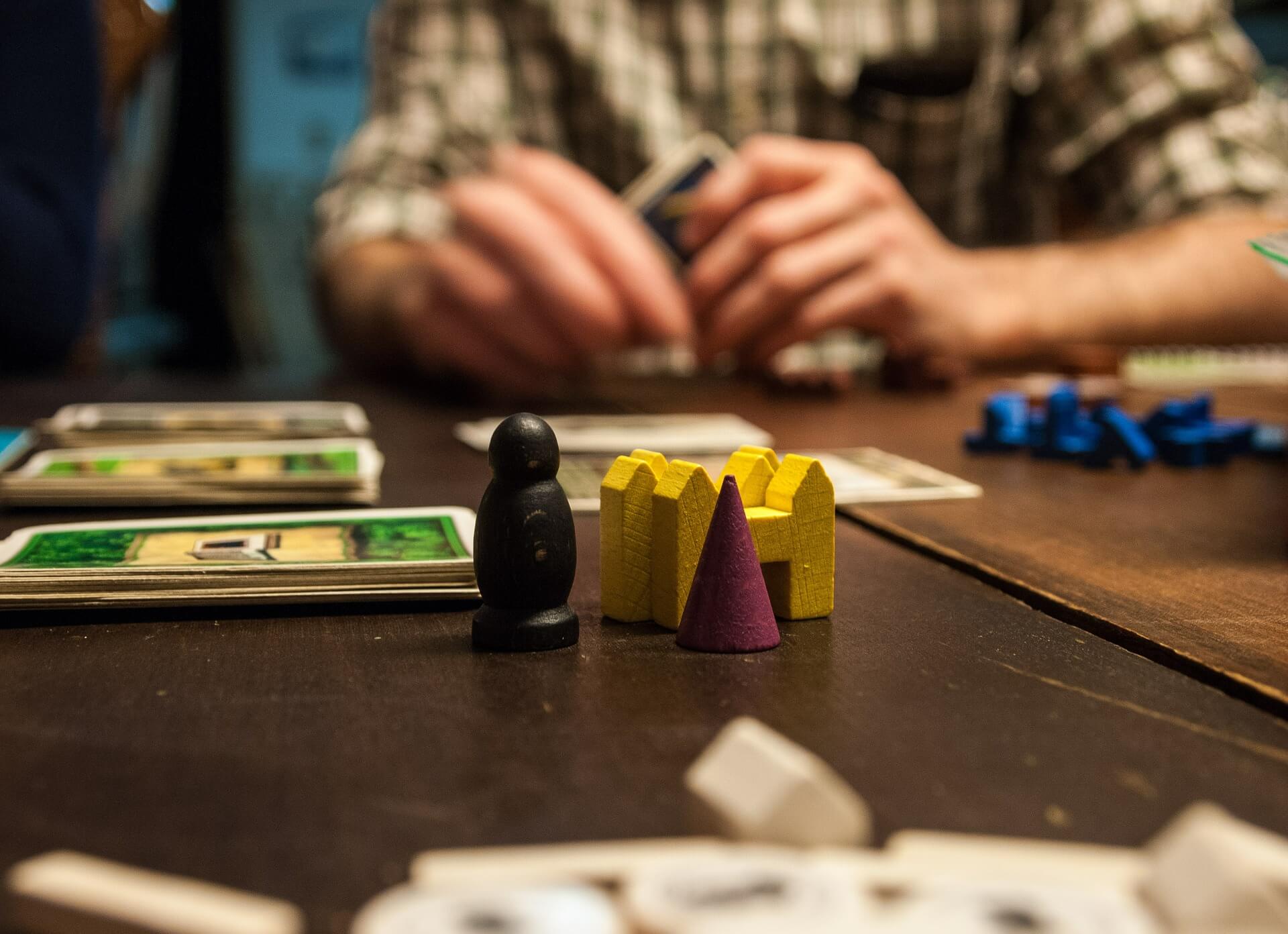
While numerous in form and goal, there’s no question that games play a large role in our culture. Dating back to ancient times, games are one of the oldest forms of human interaction and are an integral part of our society. From an early age, people are exposed to various types of games and many continue to enjoy them throughout their life. So, what is it about games that have ensured their continued value? Here are six benefits to playing games.
1. It’s Fun
Probably one of the most obvious reasons why we do it, it’s fun to play games. All work and no play is a recipe for an unhealthy lifestyle. Playing games allows you challenge yourself, practice certain skills, or simply take a break from the busyness of modern life. This is a great time to recharge.
2. Improve Your Social Skills
In a time dominated by digital screens, face-to-face human interaction may seem to be a thing of the past. The next time you’re at a restaurant, the gym or some other public place take note of how many people are looking at a screen. Group games offer a unique platform that promotes direct socialization in a pressure-free space. This is a great place to catch up with family and friends while strengthening relationships.
3. Reduced Stress
This stems in part from benefit number one. Aside from just simply having fun playing a game can help shift your focus away from the event causing stress. Playing games with friends or family is even better. In fact, just having your best friend around can help reduce stress. The next time you’re feeling stressed consider game night for fun, healthy relief.
4. Promote Critical Thinking
Many games are structured to challenge players. While elements of chance are often built into the framework, many games are geared towards making players think in real-time often with human opponents. Probably one of the most iconic player vs. player strategy game, chess, is simply a continuously evolving critical thinking problem to be solved. The scenarios for strategy games are nearly endless and provide a great way to challenge yourself in a fun and controlled environment. If you like puzzles and challenges, strategy games are a choice. Many popular strategy games have also been adapted to different themes of genres. For example, the strategy game, Risk, has more than 25 different versions including Risk Europe, Star Wars, and even a Game of Thrones edition.
5. Learn Valuable Life Lessons
Play has long been a tool for adolescents to learn about social norms and acceptable behaviors. This can be observed in both the animal kingdom and human society. Games that involve puzzle solving, mathematics, or linguistic challenges can also serve as unique learning environments for more complex information. There’s one more life skill that can be learned from group games that shouldn’t be overlooked; knowing how to lose gracefully. No one enjoys listening to the grievances of a sore loser.
6. Boosted Sensorimotor Skills
As electronic gaming continues to lead the industry, there is frequent debate over the effects of regularly playing video games. A study conducted by the University of Toronto suggests that individuals who regularly play action video games such as Call of Duty seem to learn new sensorimotor skills faster than those who don’t. While there was no performance difference initially, the regular gamers improved more rapidly than the other participants.
Whether you’re looking for a fun activity for the family, a means to relieve some stress, or simply sharpen your mind, games are a great solution. With so many options it may be overwhelming trying to choose one. It’s ok to mix and match game types. Regularly scheduled game nights are a great way to build long lasting friendship and family bonds. Try having the game choice rotate amongst friends for a fresh new experience. Involve younger siblings when appropriate or spend some time with a grandparent. Ultimately, remember to have FUN!
